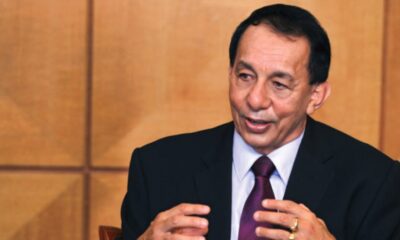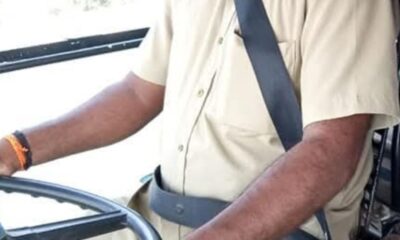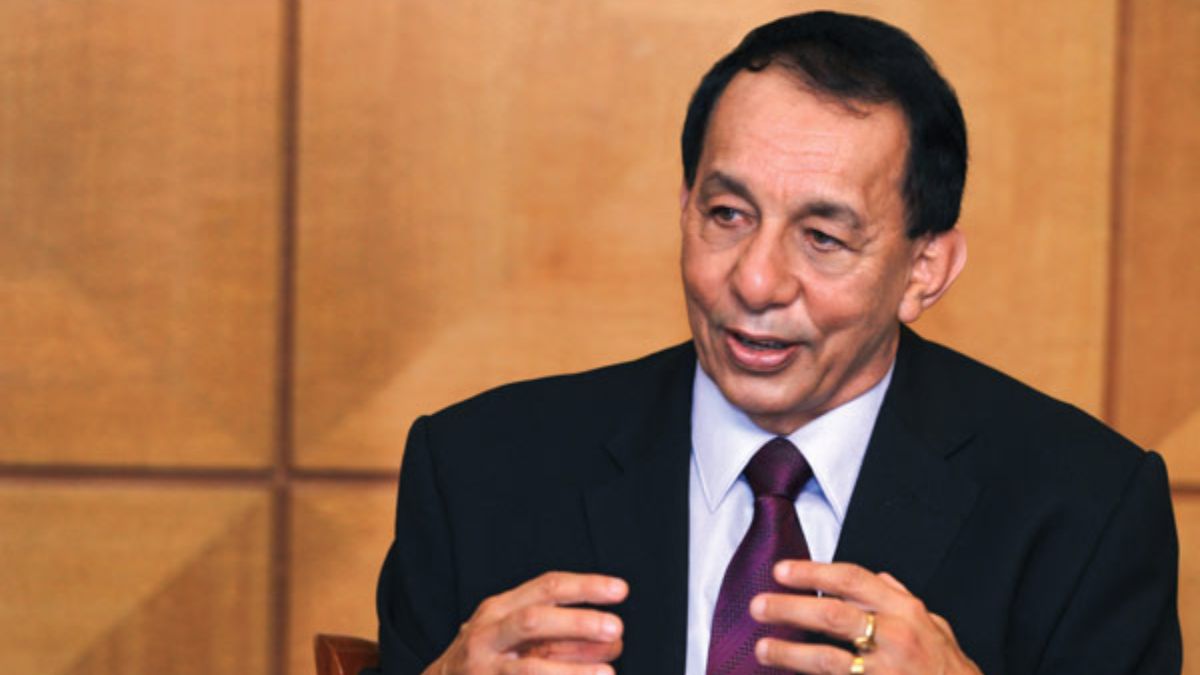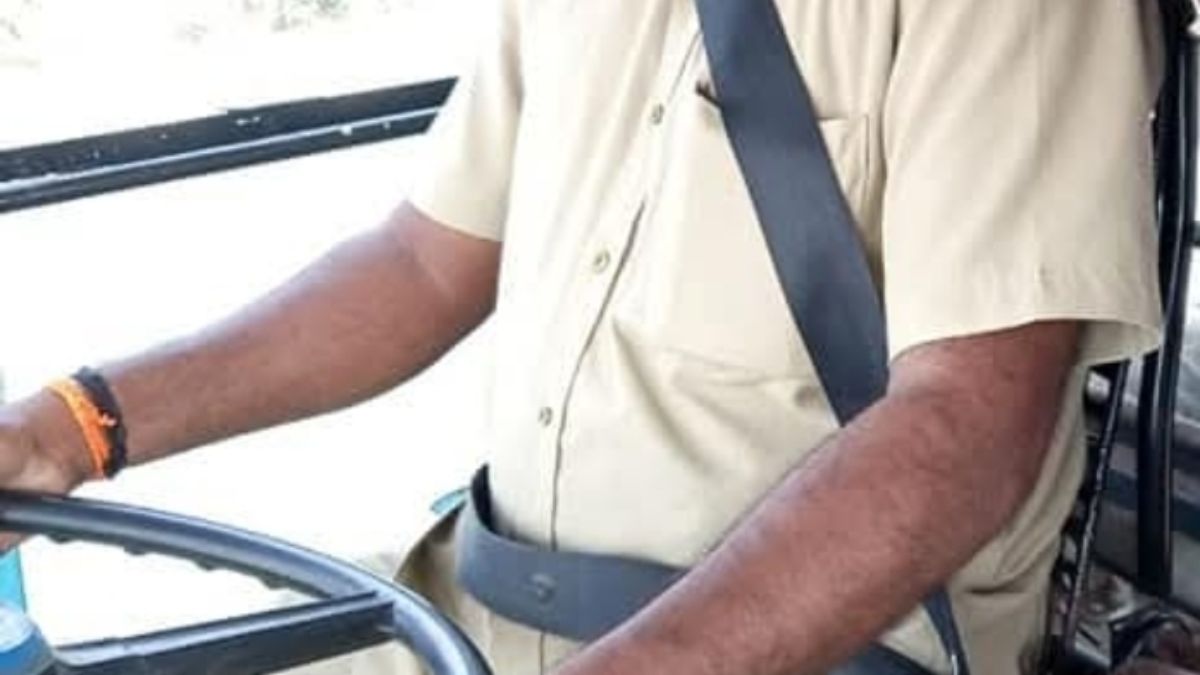Sri Lanka Customs has claimed that restrictions imposed on the import of goods including the suspension of vehicle imports are an impediment for it to achieve the revenue targets set out in the annual budget.
Sri Lanka Customs officials made this claim while appearing before the Sectoral Oversight Committee on National Economic and Physical Plans.
The Sectoral Oversight Committee on National Economic and Physical Plans met under the chairmanship of Parliamentarian Mahindananda Aluthgamage to discuss the contribution of Sri Lanka Customs in order to increase the revenue of the government.
The Chairman of the Committee, MP Mahindananda Aluthgamage has said that a sum of Rs. 1,226 billion is expected as income of Sri Lanka Customs in this year’s budget and only Rs. 330 billion have been received during the first five months.
He had pointed out that Customs will face difficulties in achieving the target when considering the figures for the first five months.
The Department of Communications of Parliament said during the meeting Customs official had said the expected income cannot be reached until the import restrictions including the ban on the import of vehicles are in place.
Under the said situation, they predict that the income that can be obtained this year is Rs. 783 billion.
Officials had pointed out that the Ministry of Finance has also been informed about this.
Moreover, they had statistically pointed out that about 20 per cent of the revenue received by Customs is from the taxes imposed on the import of vehicles and until the restrictions on the import of vehicles are in place, this expected revenue cannot be reached.
Furthermore, officials had claimed that the highest tax revenue from 2014 to 2022 was collected in the year 2018 and it was Rs. 923 billion.
They had indicated that 2018 tax revenue includes a sum of Rs. 194 billion generated through taxes imposed on the import of vehicles.
According to Customs officials, if the ban on vehicle imports is lifted this month, within the next six months, they will be able to collect Rs. 150 billion in taxes.
Officials have also pointed out the possibility of importing vehicles under a credit line system with another country and that it is the best way to increase the customs revenue.
The Chair of the Committee had said that since discussions have already started on this matter, the government is working to take an urgent decision regarding the import of vehicles.
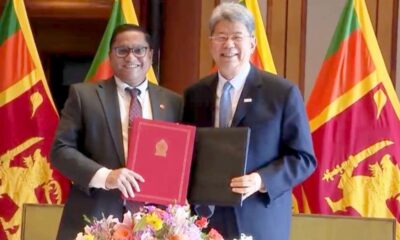
 BIZ2 days ago
BIZ2 days ago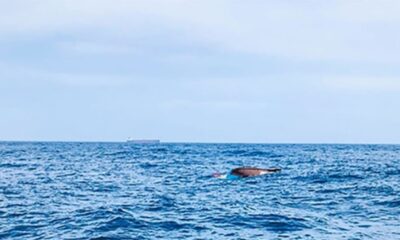
 News2 days ago
News2 days ago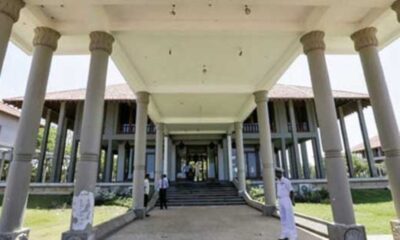
 News2 days ago
News2 days ago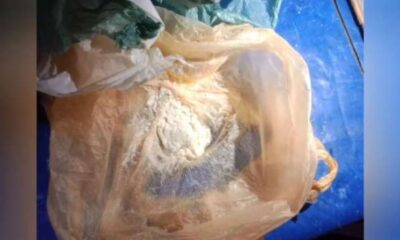
 News24 hours ago
News24 hours ago





